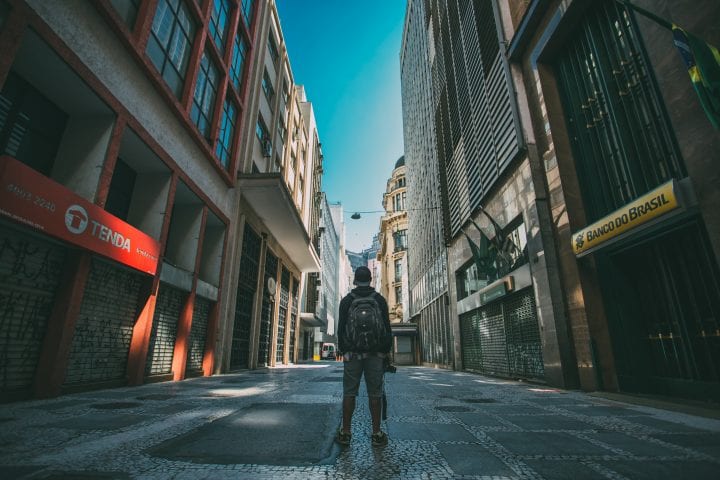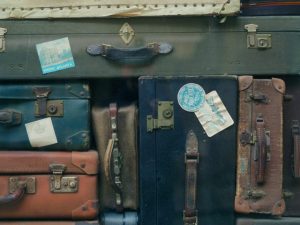
Your Guide To Travel Safe in Rio de Janeiro
This August, 480,000 tourists are expected to descend upon Rio de Janeiro for the 2016 summer Olympics. That means larger crowds, busier streets, and a greater potential for travel mishaps. Today we’re talking about travel safety specific for Rio de Janeiro and the summer Olympics.
Here are 10 things you need to keep in the forefront of your mind.
1. Travel with the local currency in hand. In Brazil, the currency is the Real (BRL), pronounced “RAY-AL” in English.
2. The native language of the Brazilian people is Portuguese. You may encounter some locals that speak English or Spanish, but it’s best for you to travel prepared and begin learning some basic Portuguese words.
3. Travel in a group or with a team while exploring Rio de Janeiro and if you have the opportunity, explore with locals.
4. Street muggers can’t immediately tell the difference between real or costume jewelry so don’t wear flashy things. Protect your valuable belongings, and yourself, by leaving them at home.
5. Distribute your cash between various places on your persons such as pant pockets, shoes, jacket or shirt pocket or money belt. Only carry a credit card if you know you’re going to need it.
6. If documenting your trip is important and you’re carrying a camera around, opt for one that is small and fits discreetly in your pocket.
7. Steer away from mass transit late at night. Instead of taking subways or buses, reserve a taxi to take you to and from your destination.
8. Visit city centers and famous attractions during the day and avoid them after dark. These locations are hot spots for pickpockets and street muggings.
9. Tipping in Brazil is not compulsory nor expected. Some hotels or restaurants may add a 10% gratuity to your tab automatically. If you still feel that you’d like to leave a tip, simply round up to the next whole number.
10. Make a copy of the front pages of your passport and carry that with you. Leave the real passport locked safely in your hotel room.
If you have any additional questions about traveling safely in Rio de Janeiro, feel free to reach out to us on Facebook or Twitter.










